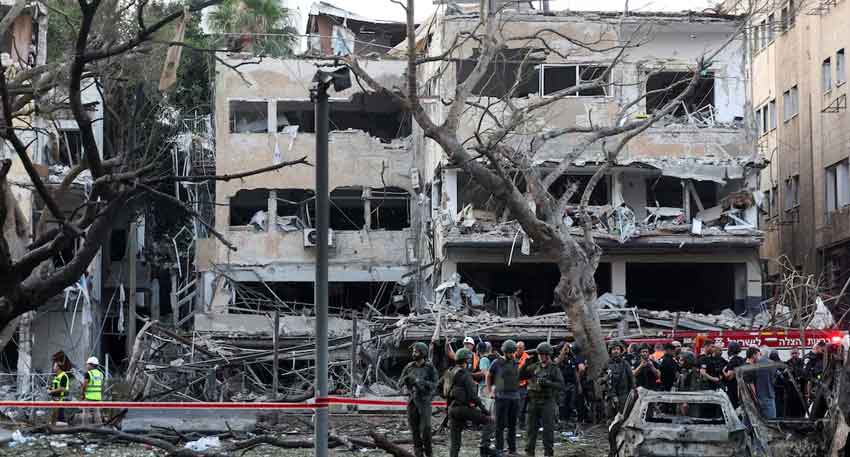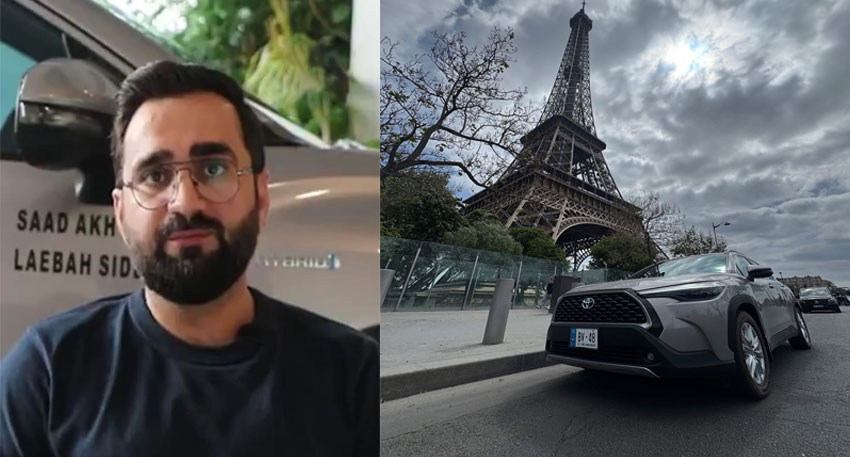
Iranian missiles struck Israel s Tel Aviv and the port city of Haifa before dawn on Monday, destroying homes and fuelling concerns among world leaders at this week s G7 meeting that the battle between the two old enemies could lead to a broader regional conflict.
At least 5 people were killed in the latest Iranian strikes, national emergency service said, bringing Israel s death toll to at least 18 since Friday.
At least 100 more were wounded in the overnight strikes, part of a wave of attacks by Tehran in retaliation for Israel s pre-emptive strikes targeting Iran s nuclear and ballistic missile programs.
According to Iranian media, the strike was a retaliatory move against recent Israeli offensives. It took place as part of the fourth phase of the IRGC’s ongoing campaign, “Operation True Promise 3,” targeting multiple sites across Israel.
Also Read: Israel experienced very sad, difficult morning after Iran’s attack, says Israeli President
The assault triggered air raid sirens in northern Israel, followed by explosions in various locations. Israeli media reported that one of the missiles hit a building in the north, forcing civilians to rush into bunkers for safety.
Sources revealed that Iran specifically aimed at Tel Aviv, Haifa, and several northern cities, using both drones and missiles in the offensive.
In response to the intensifying conflict, Israel has shut down all airports and closed its airspace, according to reports from Arab media.
Iran s Revolutionary Guards said the latest attack employed a new method that caused Israel s multi-layered defence systems to target each other.
"The initiatives and capabilities used in this operation, despite the comprehensive support of the United States and Western powers and the possession of the most up-to-date and newest defence technology, led to the successful and maximum hitting of the missiles on the targets in the occupied territories," it said.



